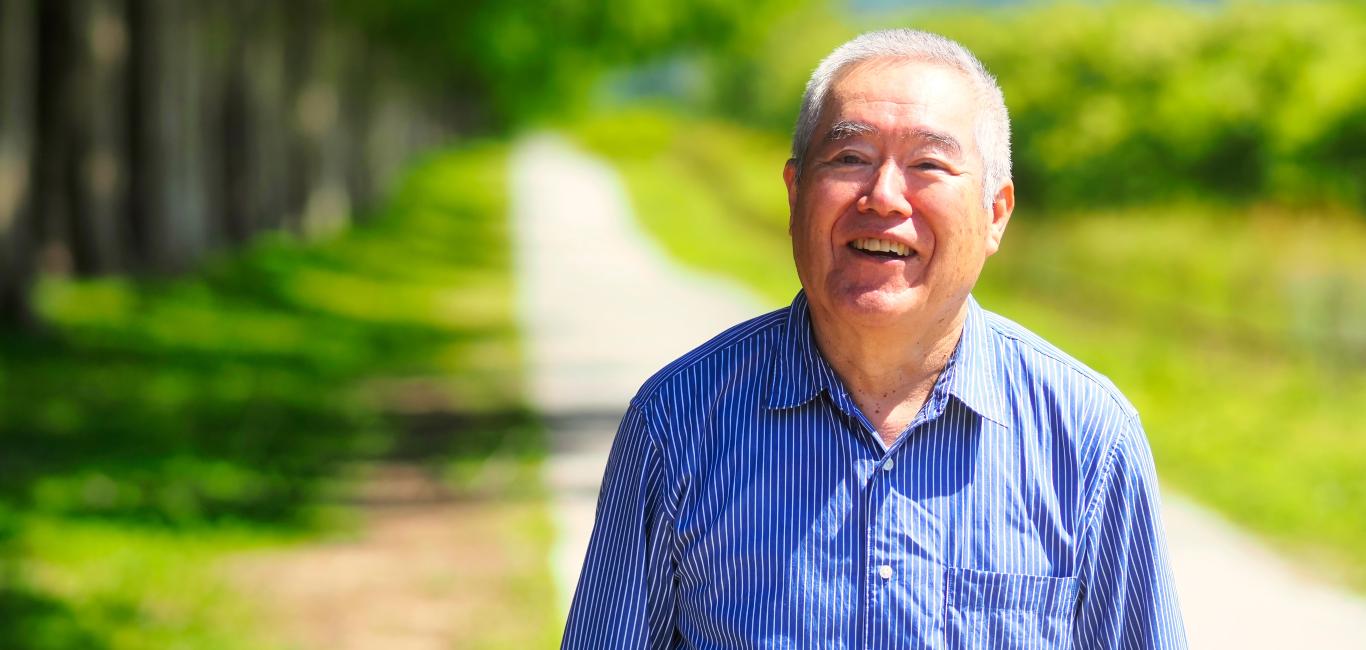
If you want to live to a hundred, Japanese centenarians have quite a few secrets to offer. Japan’s has among the largest populations of centenarians in the world, with many studies exploring the secrets behind their longevity.
So far, the Okinawa centenarian study, one of the longest running of its kind, has some of the clearest actionable insights on why so many of these Japanese islanders live past the age of one hundred. When researchers studied the residents, they found that strong social connections, caloric restriction, regular exercise, and the practice of stress reduction techniques all played a part in keeping the islanders healthy even after the century mark.
For centenarians, their healthy lifestyles are just one piece of the puzzle — their gut microbiomes are also believed to play a crucial role in their disease-resisting abilities. Naturally, scientists are increasingly interested in what makes some guts healthier than others.
To uncover this elusive piece of the puzzle, researchers at the Novo Nordisk Foundation Center for Protein Research at the University of Copenhagen focused their efforts on studying the gut microbiomes of 176 Japanese centenarians. They sought distinctive characteristics that could distinguish these gut microbiomes, and their investigation revealed the presence of intestinal bacteria actively producing molecules that endowed them with resistance against disease-causing microorganisms.
“If their intestines are better protected against infection, then that is probably one of the things that cause them to live longer than others,” says postdoc Joachim Johansen, first author of the study, in a release.
The study also found that viruses that associate themselves with gut bacteria had an impact on gut and overall health.
“Our intestines contain billions of viruses living off and inside bacteria, and they could not care less about human cells; instead, they infect the bacterial cells. And seeing as there are hundreds of different types of bacteria in our intestines, there are also lots of bacterial viruses,” says associate professor Simon Rasmussen, senior author of the new study.
Additionally, they found that centenarians had high microbial diversity, in turn equipping them with better health.
“We expect people with a healthy gut microbiome to be better protected against ageing related diseases,” says Johansen.
These findings could one day help scientists answer some important questions on an individual’s gut microbiome including what species of microbes will be needed to age healthily.
“We want to understand the dynamics of the intestinal flora. How do the different kinds of bacteria and viruses interact? How can we engineer a microbiome that can help us live healthy, long lives? Are some bacteria better than others? Using the algorithm, we can describe the balance between viruses and bacteria,” says Rasmussen.
The virus-bacteria link
The knowledge of the types of bacteria and viruses in the gut helps to look at ways to optimise the human body to fight against illnesses that are connected to the gut.
“We have learned that if a virus pays a bacterium a visit, it may strengthen the bacterium. The viruses we found in the healthy Japanese centenarians contained extra genes that could boost the bacteria”, says Johansen, adding that specific molecules released by these bacteria can stabilise the intestinal flora and counteract inflammation.
The next steps lie in identifying which of these bacteria and viruses have a positive effect on the gut microbiome and design ways to introduce them into people that lack them so that they too can enjoy the same health benefits that centenarians do, says Rasmussen.
As for the centenarians in Okinawa, there are many lessons that we can learn from them to live long and healthy lives:
- Staying active by walking, gardening, and doing housework
- Taking time out to decompress in the form of naps
- They practice Hara hachi bu — which means eating until 80 per cent full
- Building a strong social network with many close friends

















